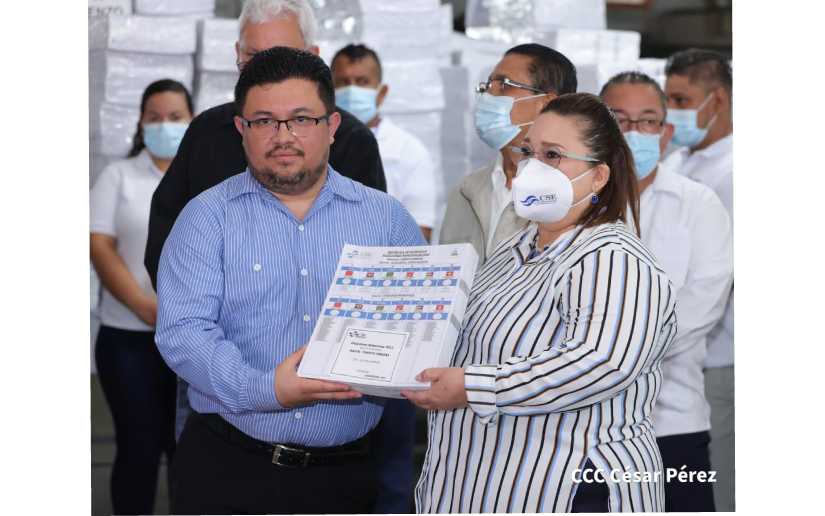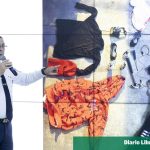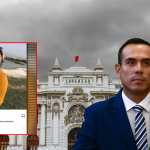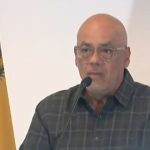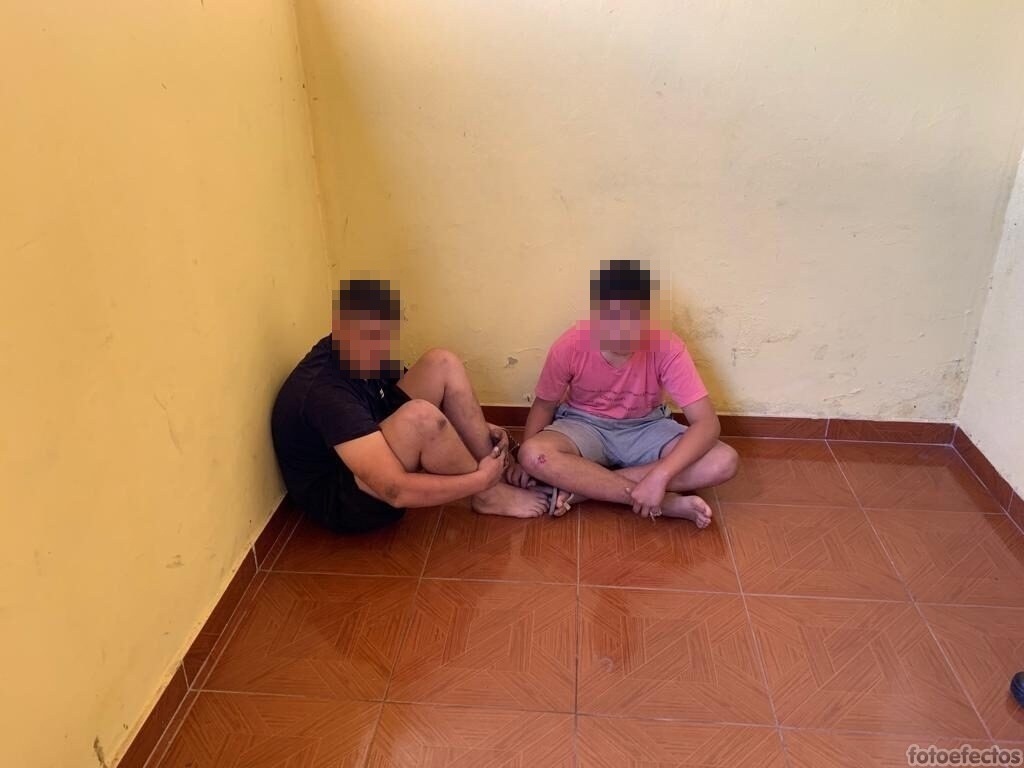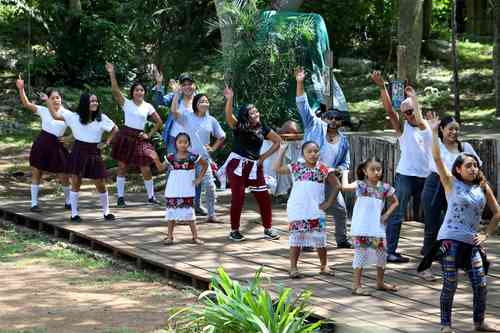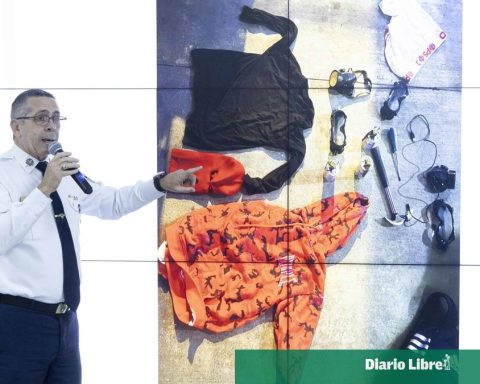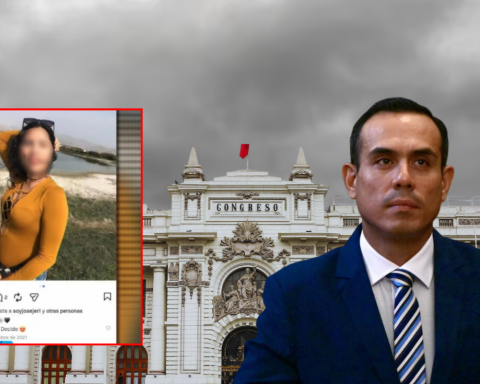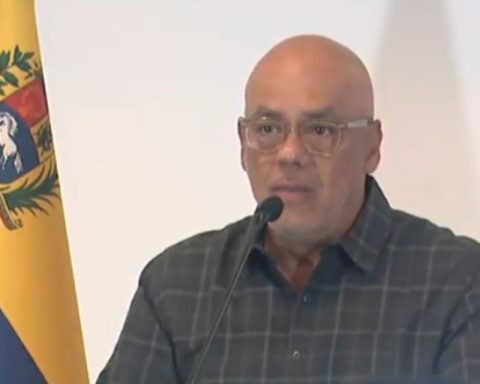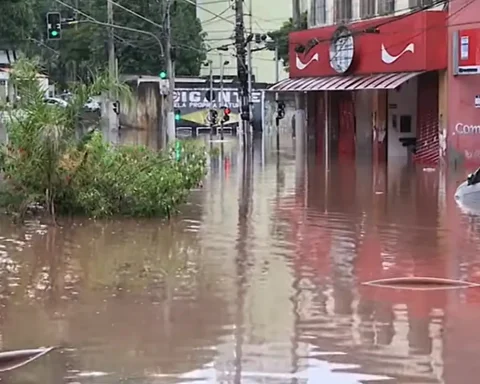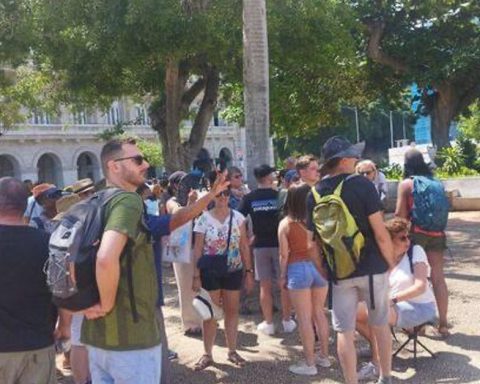The electoral ballots that will be used in the voting on November 6 are already being assembled in the corresponding suitcases in the warehouse of the Supreme Electoral Council (CSE), but its origin and cost is an enigma. The electoral arbiter, dominated by Ortega, keeps this information hidden despite the fact that these materials were purchased with money from the public treasury.
Neither the Annual Procurement Plan (PAC) of the Electoral Power nor the award of the project to print the electoral ballots have been published in the Electronic Administrative Procurement System (Siscae), so it is unknown if there was any public tender as required by the Law 737, Public Sector Administrative Contracting Law.
The only thing that is known, less than three weeks before the day scheduled for voting, is that the electoral ballots were printed for 10 days by the company Inversiones Papeleras SA (INPASA). and that on October 12, they were transferred, under police guard, to the CSE warehouse located in Monseñor Lezcano, Managua.
In addition, because it was a municipal vote, 153 different models of electoral ballots were prepared, “one for each municipality in the country,” the president of the CSE pointed out this week, Brenda Rocha Chaconduring an interview on the Parliamentary Channel.
Days before, upon receiving the electoral ballots, Rocha mentioned that each of them “carries all the cutting-edge security and authenticity standards.” What the magistrate did not say was how much money it cost the State of Nicaragua to print the electoral material and what were the criteria used to select the company INPASA.
For the general elections of 2021, the CSE also did not render clear accounts on the printing of the electoral ballots. Some journalistic reports indicate that —just like now— the electoral material was produced by INPASA. To date, the amount earmarked for this purpose is unknown.
Specialists in the control of public contracting warn that the lack of publication of the PAC and the CSE’s procurement processes constitutes a series of irregularities, since this power of the State is violating the principles of publicity, transparency and due process in public contracting.
CSE manages public resources in the shadows
The lack of transparency of the electoral body has been denounced by the independent citizen observatory Urnas Abiertas, which has also pointed out the complicity of the political parties and political alliances participating in the electoral process, considered necessary collaborators of the ruling regime.
“From Open Polls we denounce that the CSE has not accounted for the cost of contracting electoral ballots. The CSE must reflect the budget assigned to the preparation of tickets in its Annual Contracting Plan and must be published each year, according to the Public Sector Administrative Contracting Law. However, 10 months from 2022, the CSE still does not report it,” the observatory said.
#UAAlert This Friday the CSE carried out the process of reviewing and approving the electoral ballots for the municipal elections. From Open Polls we denounce that the CSE has not accounted for the cost of contracting ballots https://t.co/ERKwQ4Ts9o pic.twitter.com/hTC2Ogz8Uq
— Open Ballot Boxes (@Open Ballot Boxes) September 30, 2022
For this electoral process, the CSE received a budget of 1,465.7 million córdobas from Treasury Revenue, but the money and the process have been administered in total opacity. The budget does not offer details of how much is allocated for the printing of voting stationery.
The amount allocated this year to the CSE for municipal voting is double the 773.4 million córdobas it received for “the electoral farce” last year. This is explained because in the 2022 budget the amount earmarked for reimbursement to the political parties that participated in the 2021 voting appears. The reimbursement for this year’s voting will be assigned in the 2023 budget.
Some 3.7 million Nicaraguans are called to vote on November 6, as part of a municipal electoral process that lacks “all credibility,” not only because of the “lack of suitability of the electoral system and those who administer it,” because of the control of the regime of Daniel Ortega and Rosario Murillo, but also because of the exclusion of the political opposition and the absolute lack of freedom in the country.
